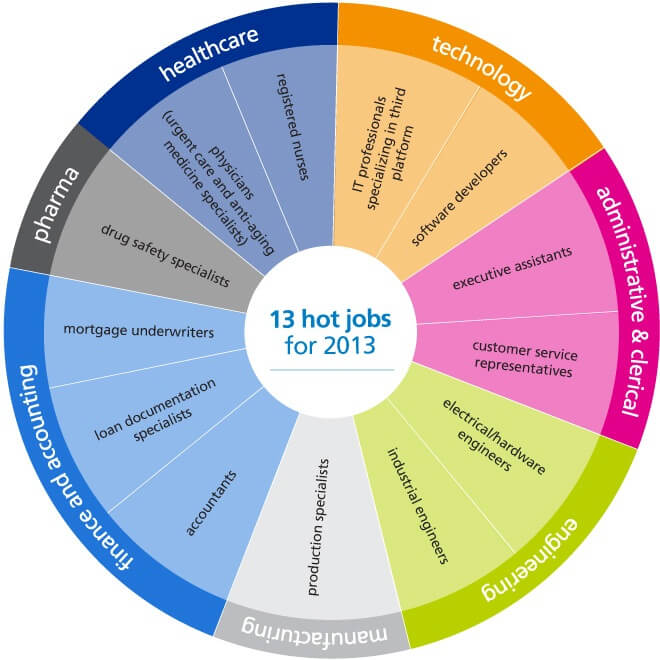Information Technology is among the most misunderstood areas there are. Most therapists and counselors don’t have any idea what these job titles mean, and even a career counselor is often surprisingly ignorant about IT careers. They know very little about what one does in a job in the field, and what it takes to be one of these professionals. This is a shame, because while maybe someone could succeed in IT without trying too hard in the 1990s, it’s definitely not the case now.
Based on recent interactions with people I work with in therapy and my experience with IT recruiting, below are some pointers which will help you build a solid foundation for your career and get ahead of the competition

1- Be Friendly and Approachable
Even if you dislike the person you’re talking to, or if they’re clearly requesting work from you while not having any idea what they’re talking about, you need to be courteous and treat them well. When you work at a large organization, you’ll often find unfair situations such as this, and a person who doesn’t really work that much could have a six-figure salary and a corner office.
This is the reality of being a professional in a big company, and I have had to deal with that without even being in IT. Keep in mind that the IT professionals‘ stereotype is that they’re socially clueless men who shower rarely, come in late every day and make sleazy jokes in the workplace. It isn’t fair, but stereotypes and myths seldom are.
2- Request Opportunities Proactively
If a platform or application you use is undergoing updates, it’s important for you to keep up to speed with them. Find training dates, price it out, and go over it all with your supervisors. Remind them that the security and productivity of the company depend on a solid IT infrastructure, and that it’s important for them to invest in professional development. If they deny, try the continuing education program from your local community collage.
It might seem counter-intuitive to spend hard-earned cash on studying after work, but it’s very important that you do so. You need to invest in yourself as a professional if you want to remain employable – so that later you can quit your job for a better one, or have a better chance in case your company goes out of business. If you want more details then check out this piece on securing work in ICT from Quanta. It is well worth a read.
3- Network Constantly
You can even do it online or in geeky events such as Dungeons & Dragons games, board-game meet-ups, maybe even fantasy football. The idea is that you need some sort of metaphorical “go back”. Whenever you have a new product to add, put your résumé up to date. Keep your LinkedIn updated too, and have an eye out for all that’s going on in your industry at all times. This helps making it easier to negotiate promotions and raises or, if need be, find yourself a better position.
If you’re looking to get another job, put your résumé up online. A great LikedIn profile definitely helps, and Dice is a gold mine for IT. Make sure to check out a compilation from the New Your Public Library. Really, just make sure to find some job boards with a good search and subscribe to alerts. Set up an e-mail address specifically for job-search inquiries and post your résumé. If including a phone number, you’ll need to brace yourself for calls from all sorts of unusual or unrelated jobs. Dice is better than Monster about that, but they’re still bad.
Make sure your résumé is human-friendly. It’s easy to get scared of applicant tracking systems and them “weeding you out” or finding you “undesirable”. When preparing for a job search, you should instead be afraid that they’ll accidentally filter out a qualified candidate and end up missing you. Anything can happen, but I don’t think people lose their chance for this type of reason as often as they think. You should highlight your skills in your résumé, since they’re important, but it’s important to show soft skills such as being organized and friendly, too. Be clear on the way you’ve used your skills to help save time, money or another resource in the company, to make sure they understand how you contribute.








